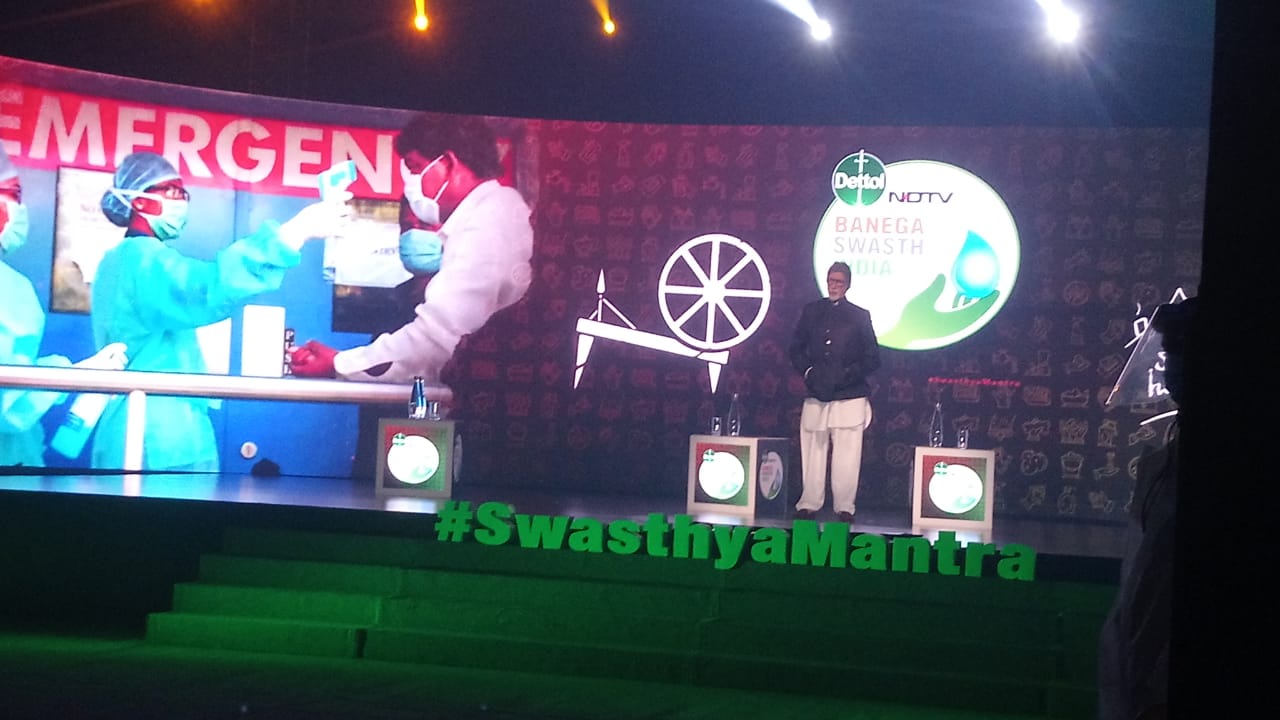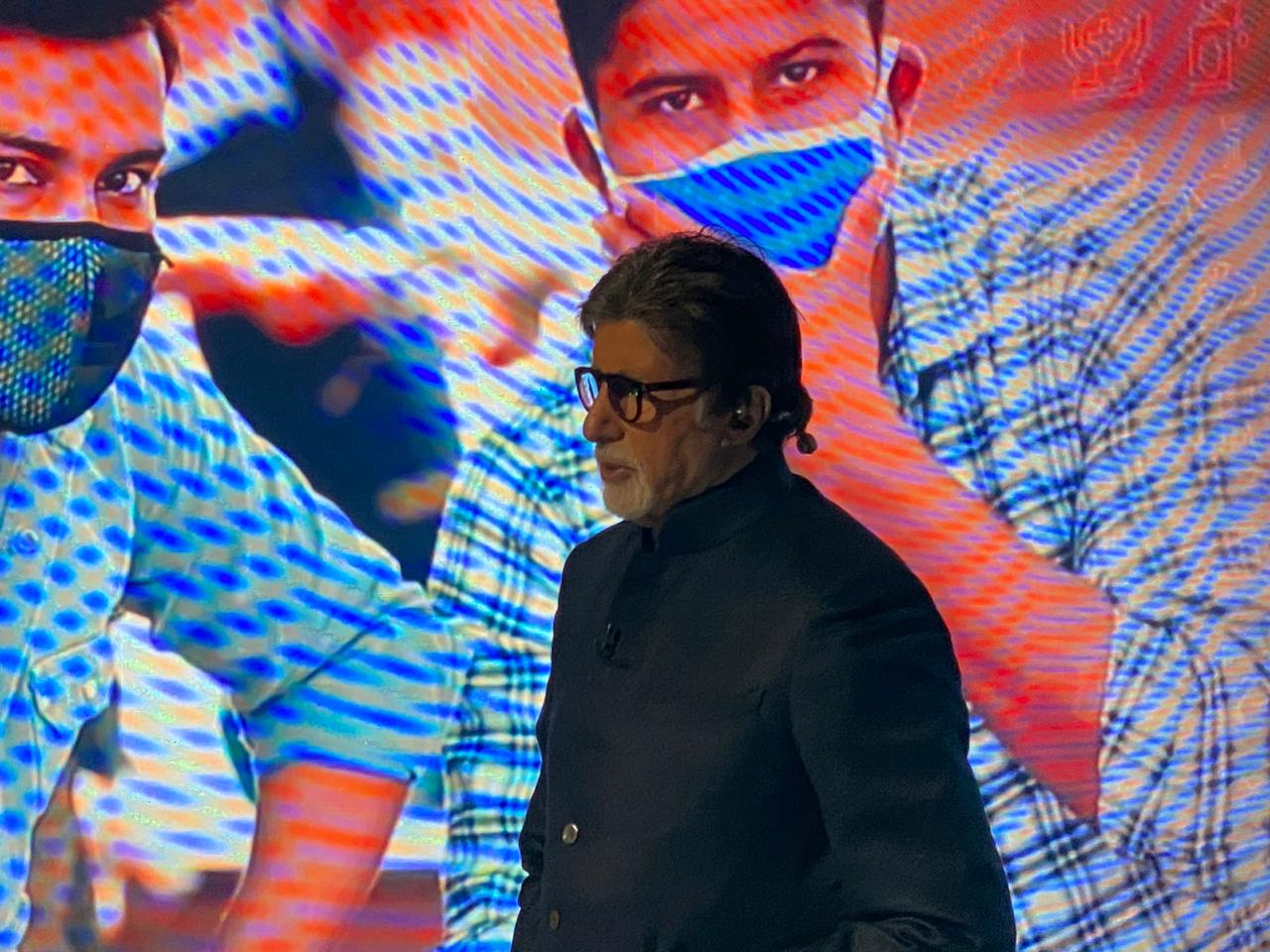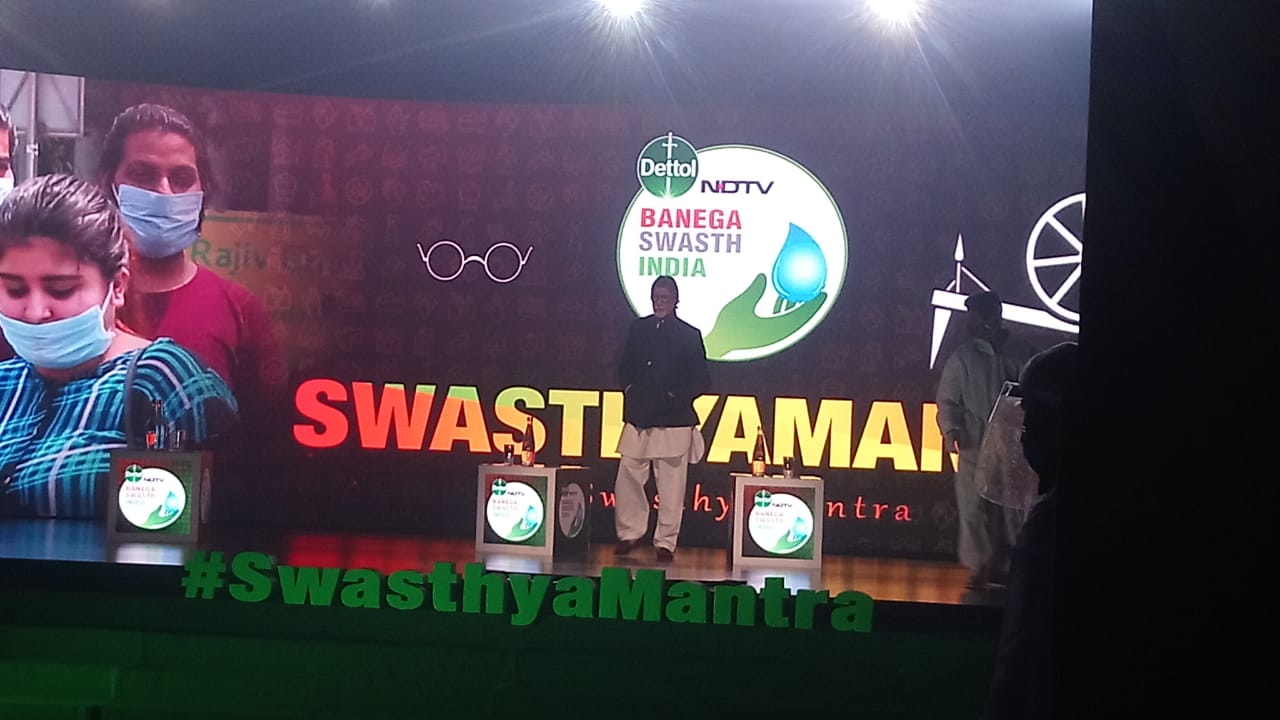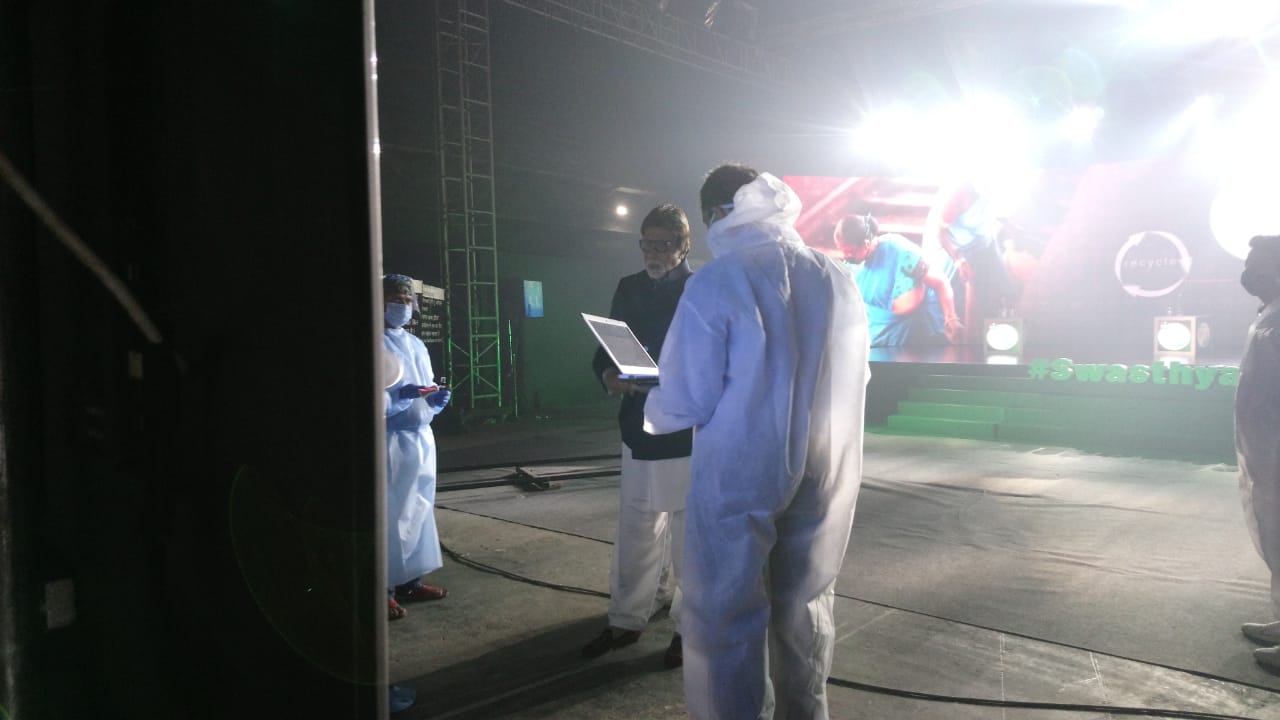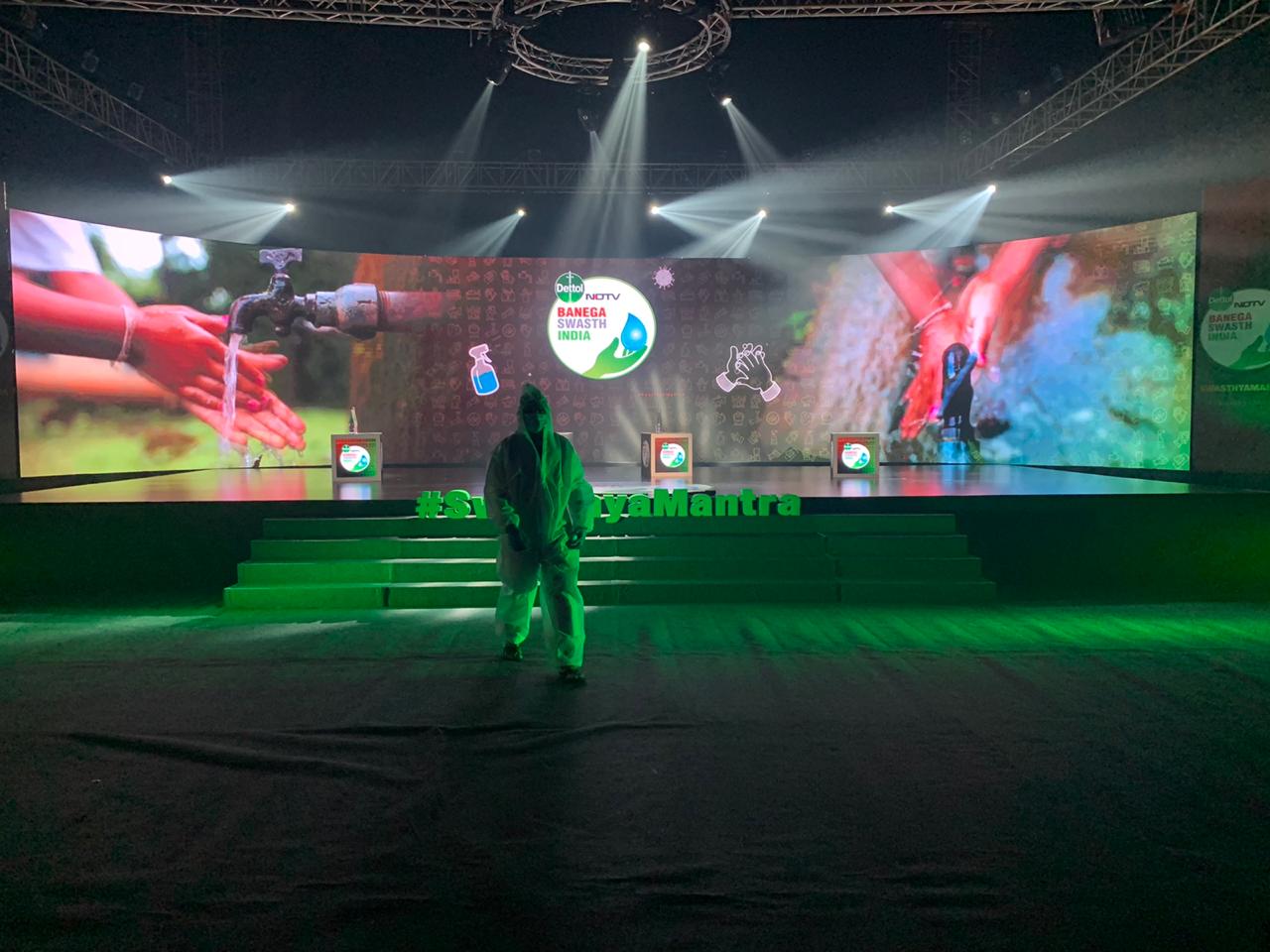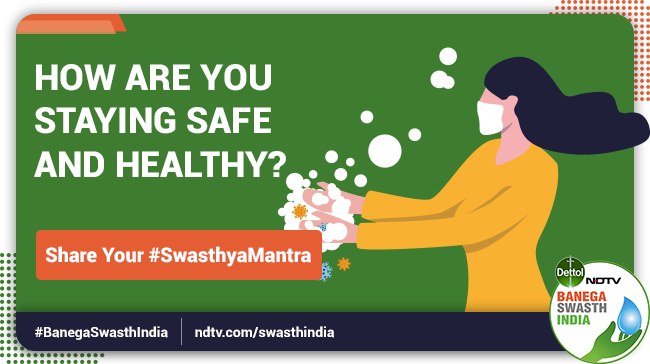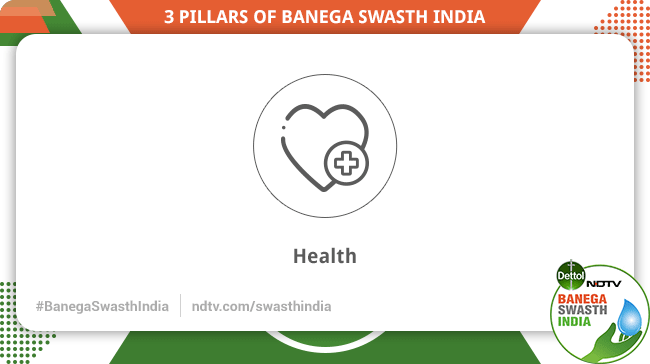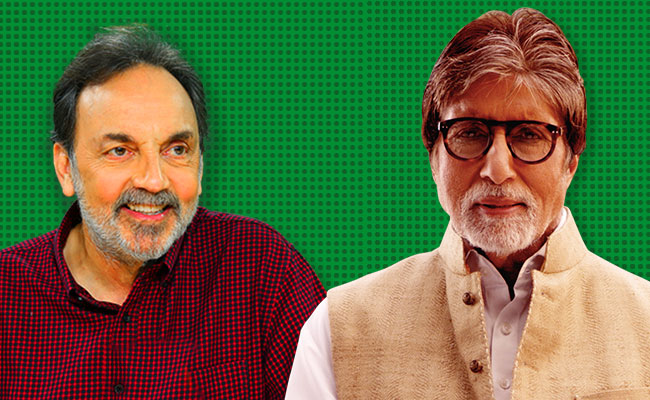For six years, NDTV and Dettol India have been talking about and promoting the need for a clean and healthy India through Banega Swachh-Swasth India campaign. In 2019, after leading a very successful Swachhta (Cleanliness) initiative, the campaign moved the conversation from Swachh to Swasth (Health) because only a clean India can become a healthy India. Helmed by NDTV's Dr Prannoy Roy and campaign ambassador Amitabh Bachchan, the campaign over the years has talked about various issues such as making India open defecation free, the need for WASH (Water, Sanitation and Hygiene) programmes, waste management, recycling, menstrual hygiene and plight of manual scavengers, to name a few. The campaign also highlights the importance of nutrition and healthcare for women and children to prevent maternal and child mortality, fight malnutrition, stunting, wasting, anaemia and disease prevention through vaccines – all the components which are needed to make India a healthy country.
In wake of the current COVID-19 pandemic, this year, it has become imperative to revisit the core values of the campaign and restart the conversations on hygienic practices, especially hand washing and cleanliness.
In the seventh year, Banega Swasth India campaign will focus on three pillars to make the world safe and healthy – Health, Hygiene & Sanitation, and Environment.
Here are the Highlights of the #SwasthyaMantra Telethon:
T 3678 -
- Amitabh Bachchan (@SrBachchan) October 2, 2020
.. a working day of 12 hours , from 7 am to 10 pm .. gaining the learning and knowledge of some of the brightest brains, about CoViD 19 and Swasth India .. in a 12 hour Telethon for NDTV ! pic.twitter.com/SwPXjPgqkl
Gaurav Jain, Senior VP, South Asia (Health), RB share details about the 'return to school kit' on @DettolIndia - @ndtv 12-hour #SwasthyaMantra telethon
- Banega Swasth India (@banegaswasthind) October 2, 2020
Full Coverage: https://t.co/3oUB8pKgxn pic.twitter.com/oGdXWplZ4I
"I practice pranayam. Breathing exercises are important during 'Riyaaaz' also. I also do some physical exercises and eat healthy."
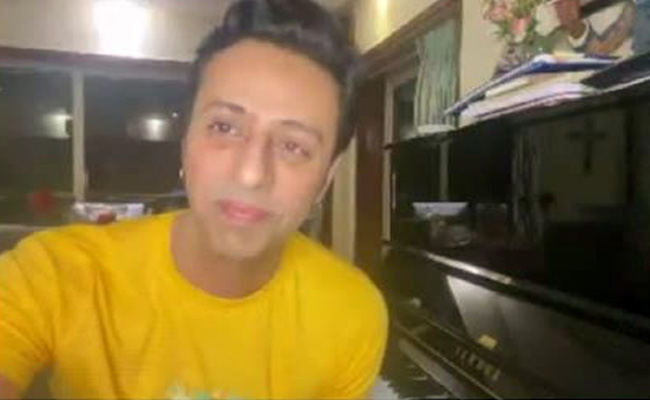
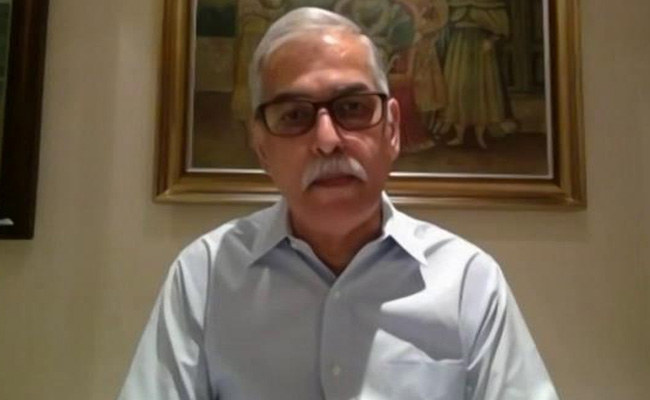
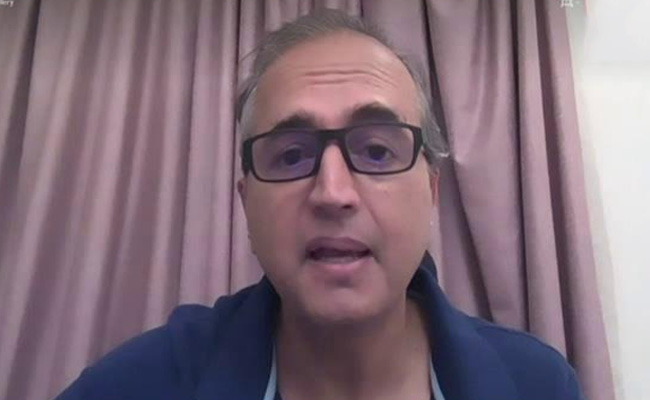
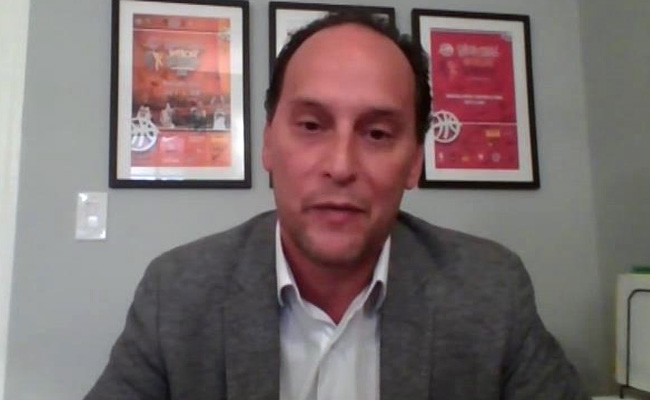
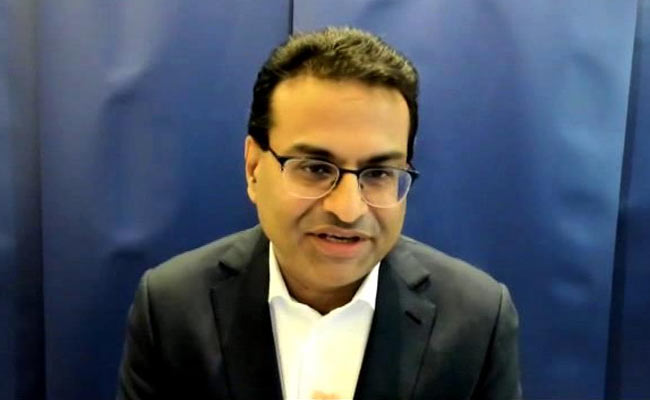
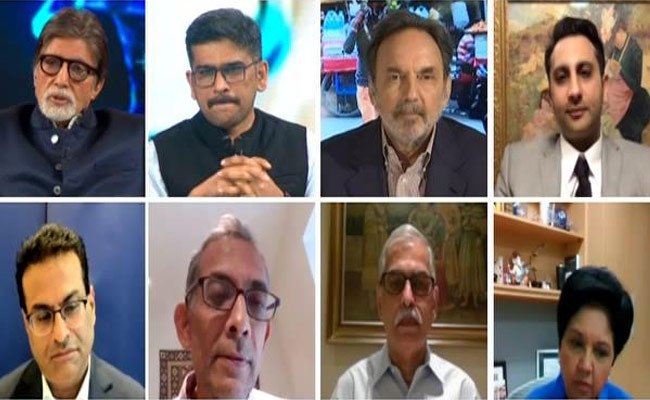
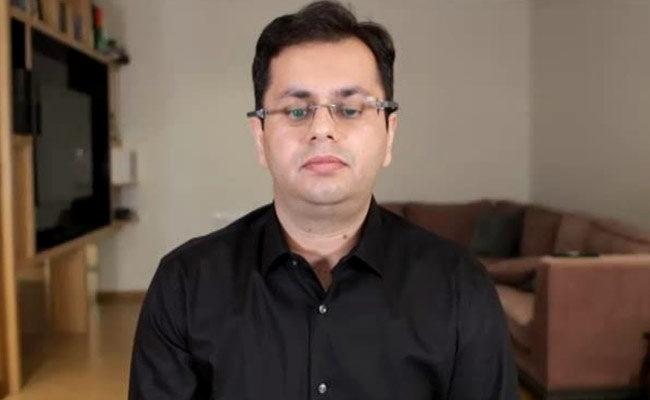
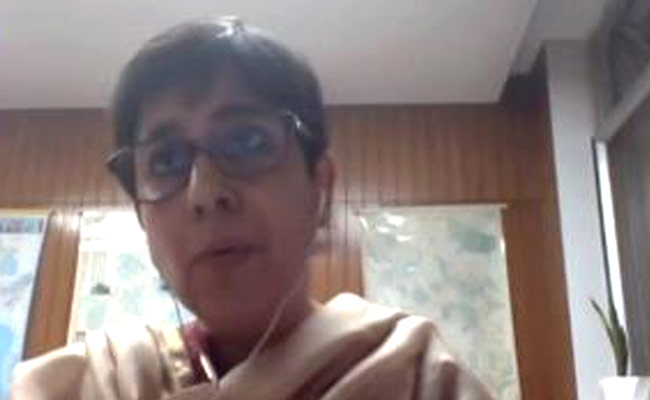
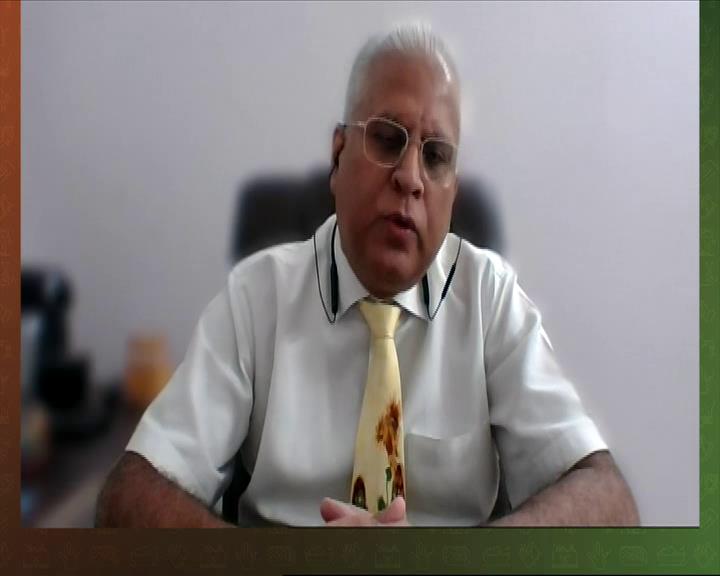
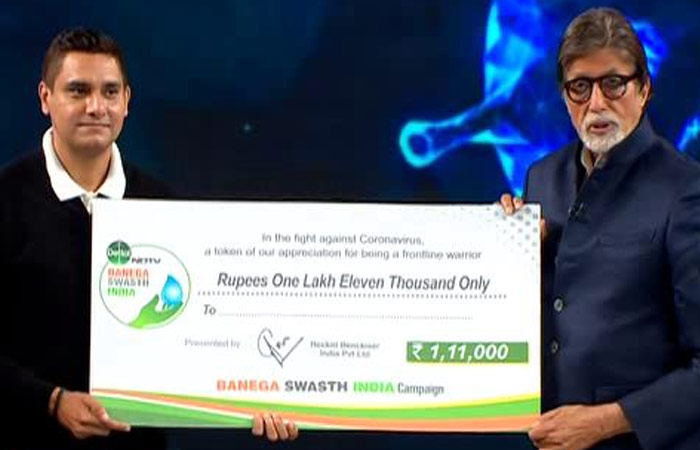
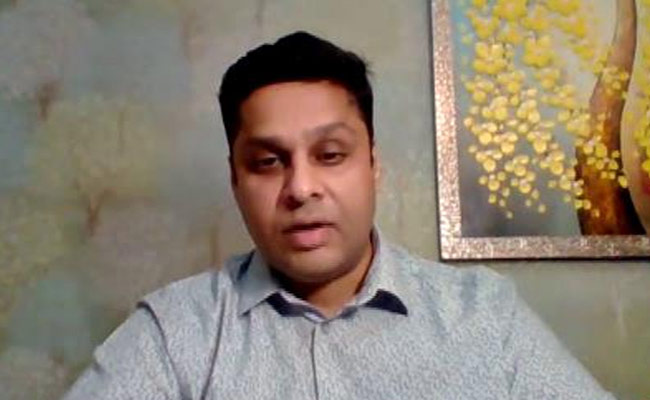
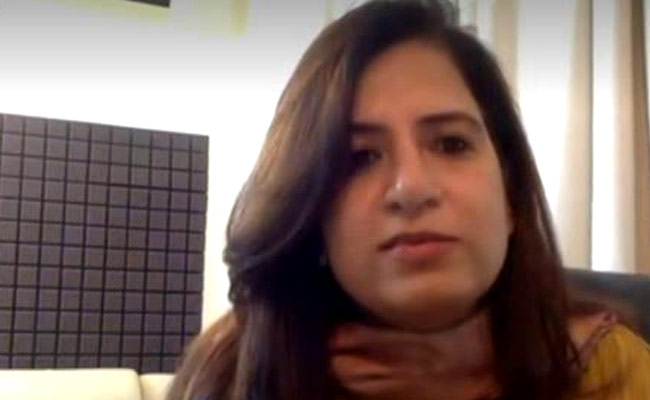
#BanegaSwasthIndia | Meet Aarav Verma who has painted this beautiful painting for @DettolIndia - @ndtv 12-hour #SwasthyaMantra telethon
- Banega Swasth India (@banegaswasthind) October 2, 2020
Track LIVE UPDATES on https://t.co/3oUB8q1RVX pic.twitter.com/UffkUqeRz8
#BanegaSwasthIndia | Watch: Abhijit Banerjee, Nobel Laureate in Economics talks about coronavirus outbreak in India and its learnings on @DettolIndia - @ndtv 12-hour #SwasthyaMantra telethon
- Banega Swasth India (@banegaswasthind) October 2, 2020
Follow LIVE UPDATES on https://t.co/3oUB8pKgxn pic.twitter.com/I2ZQsolQ1V
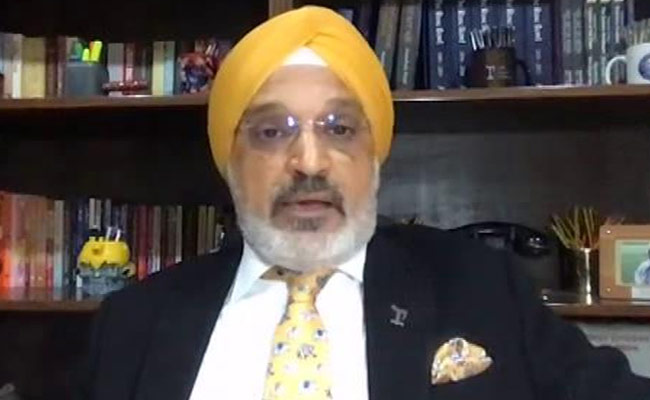
#BanegaSwasthIndia | @DettolIndia - @ndtv acknowledges the work of Celebrity Chef Vikas Khanna (@TheVikasKhanna) as he provides over 40 million meals to the poor during #COVID19 pandemic
- Banega Swasth India (@banegaswasthind) October 2, 2020
Read: https://t.co/995SwI60Yl
Follow LIVE UPDATES on https://t.co/3oUB8pKgxn pic.twitter.com/CjFZ3aZdhi
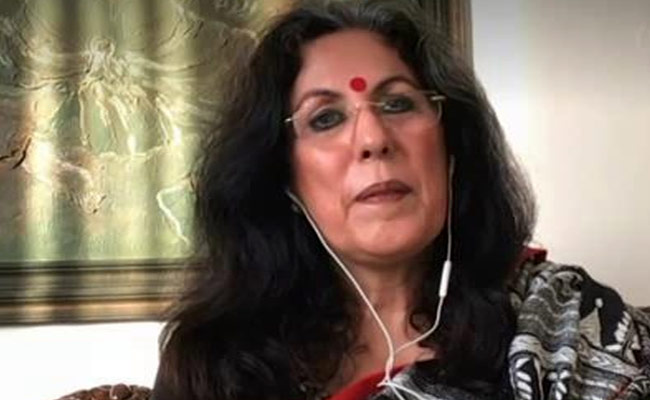
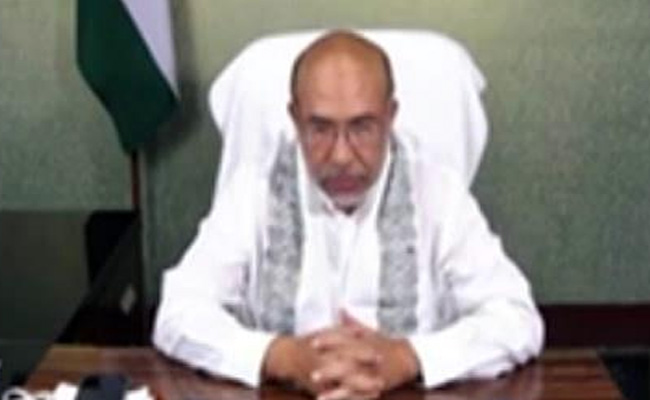
Speaking with Amitabh Bachchan and Prannoy Roy on how Delhi Model played a key role in fighting Corona, on #BanegaSwasthIndia at NDTV | LIVE https://t.co/q5Gxdaac6B
- Arvind Kejriwal (@ArvindKejriwal) October 2, 2020
#BanegaSwasthIndia | Actor and Philanthropist @SonuSood on @DettolIndia - @ndtv 12-hour #SwasthyaMantra telethon: "I have learnt more in the last 6-7 months of the #COVID lockdown than I learnt in my whole life."
- Banega Swasth India (@banegaswasthind) October 2, 2020
Follow LIVE UPDATES on https://t.co/3oUB8pKgxn pic.twitter.com/6v6fINMNyS
#BanegaSwasthIndia | Coming up on @DettolIndia - @ndtv 12-hour #SwasthyaMantra telethon: Composer, Singer Salim Merchant (@salim_merchant)
- Banega Swasth India (@banegaswasthind) October 2, 2020
WATCH LIVE on https://t.co/3oUB8q1RVX pic.twitter.com/vJ56GqwVdR
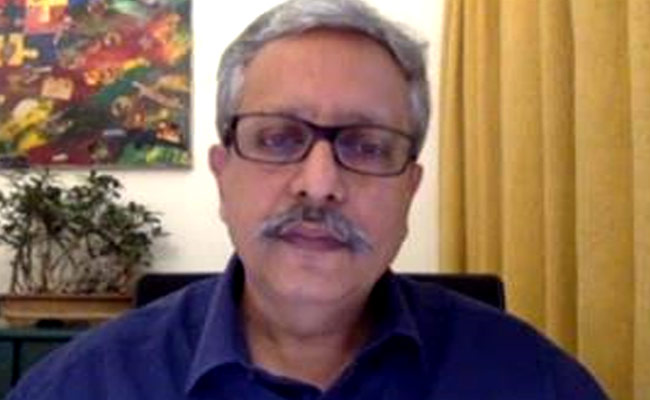
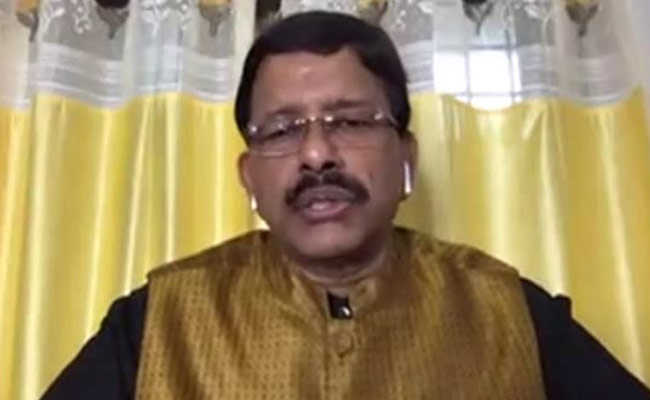
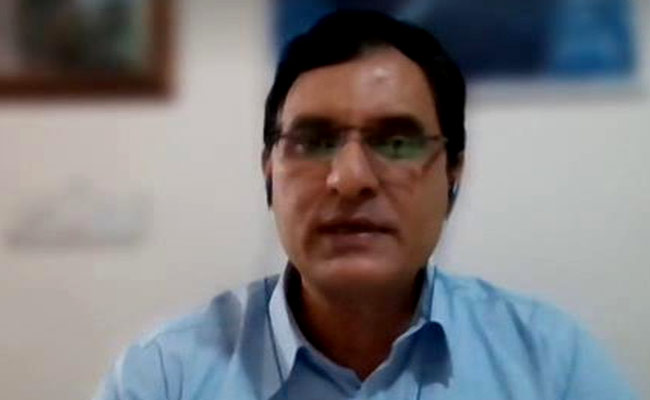
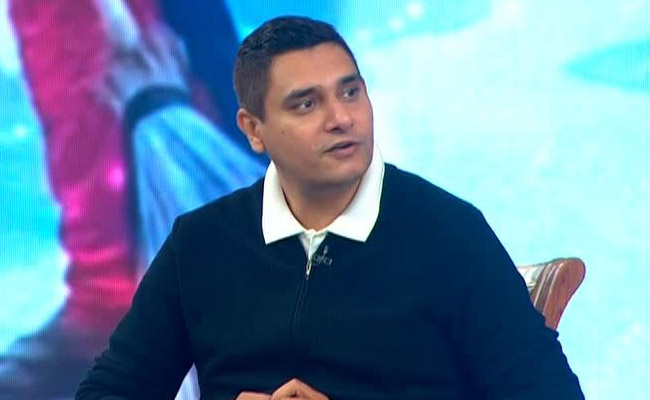
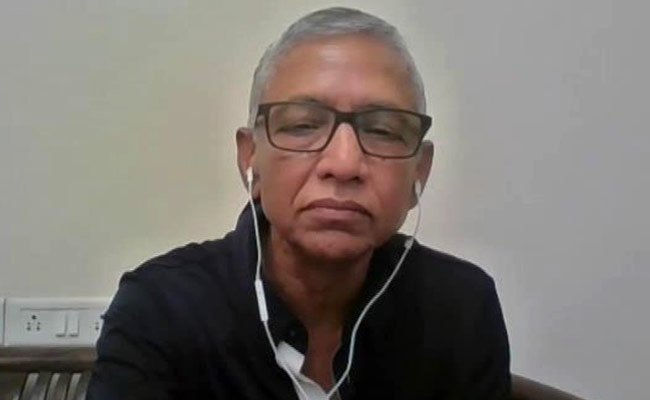
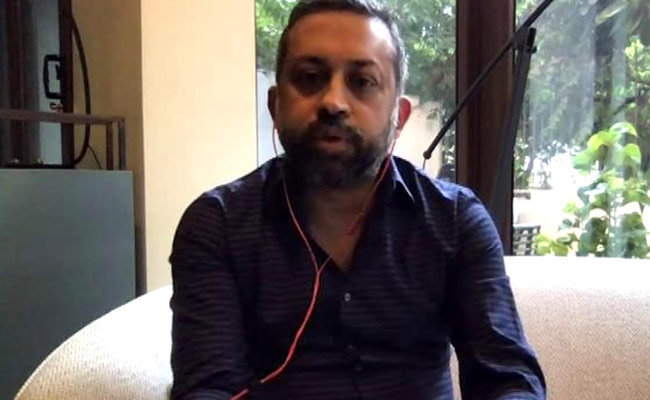
This was an absolute pleasure .. thank you for having us ... @SrBachchan sir , @ndtv ... #freedomtofeed @Imangadbedi 💕 https://t.co/7AcNxMMVQA
- Neha Dhupia (@NehaDhupia) October 2, 2020
#BanegaSwasthIndia | Watch Actor @Imangadbedi's message on @DettolIndia - @ndtv 12-hour #SwasthyaMantra telethon
- Banega Swasth India (@banegaswasthind) October 2, 2020
Follow LIVE UPDATES on https://t.co/3oUB8pKgxn pic.twitter.com/9XOjHFRGqO
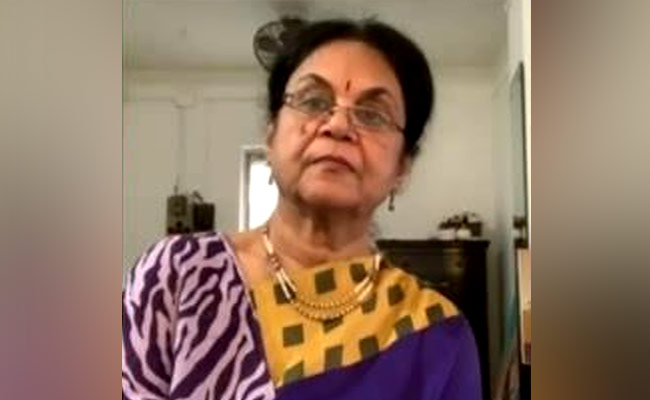
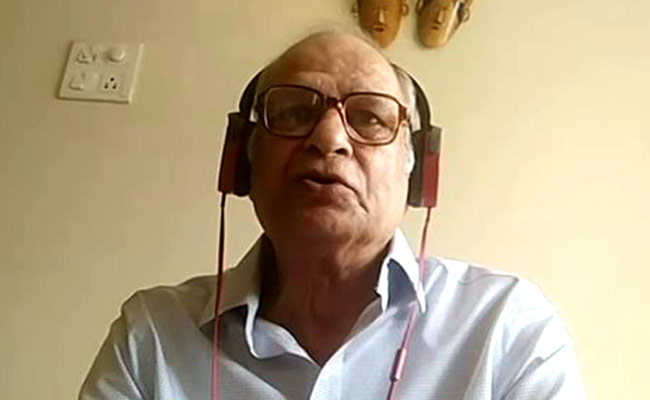
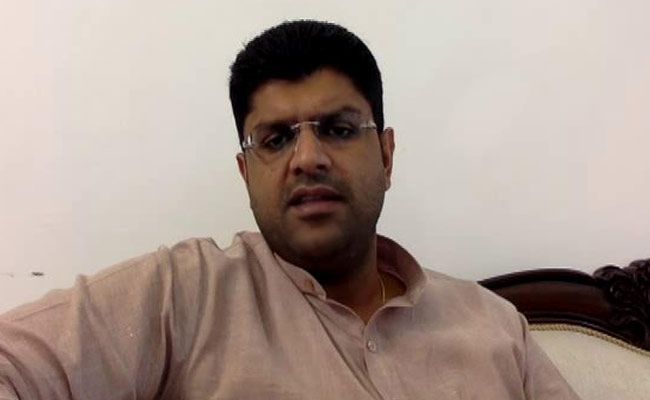
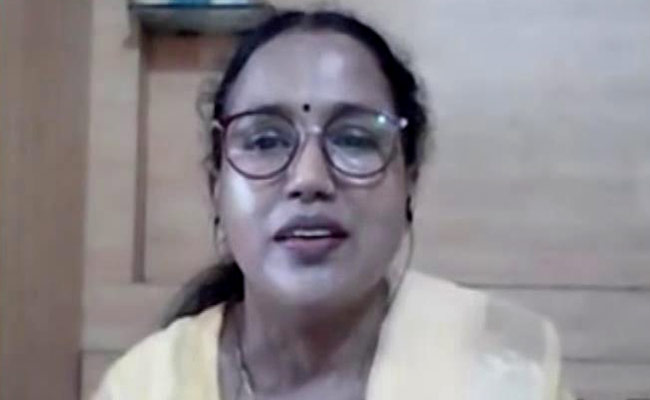
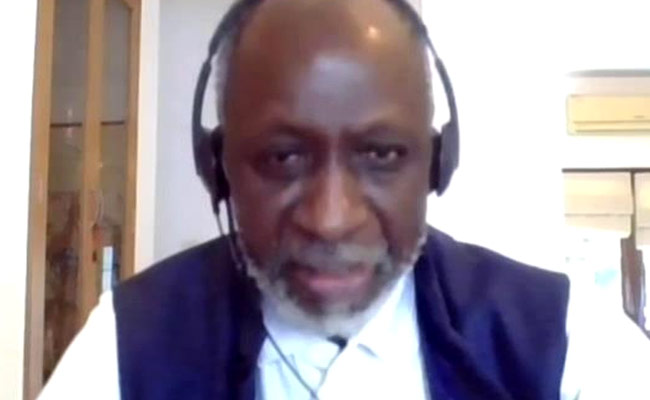
On the auspicious occasion of Mahatma Gandhi's Birthday, I'm honored to be receiving BSI, Covid Warrier Award from Mr. Amitabh Bachchan for my #FeedIndia campaign.
- Vikas Khanna (@TheVikasKhanna) October 2, 2020
Thank you @ndtv @PrannoyRoyNDTV , @DettolIndia @SrBachchan
Banega Swatch India
Jai Ho.
#SwasthyaMantra pic.twitter.com/PIdDMfoRTE
#BanegaSwasthIndia | Watch: @ImLaxmiNarayan, Transgender Rights Activist message on the @DettolIndia - @ndtv 12-hour #SwasthyaMantra telethon
- Banega Swasth India (@banegaswasthind) October 2, 2020
Track LIVE UPDATES on https://t.co/3oUB8pKgxn pic.twitter.com/dNNI2TBSju
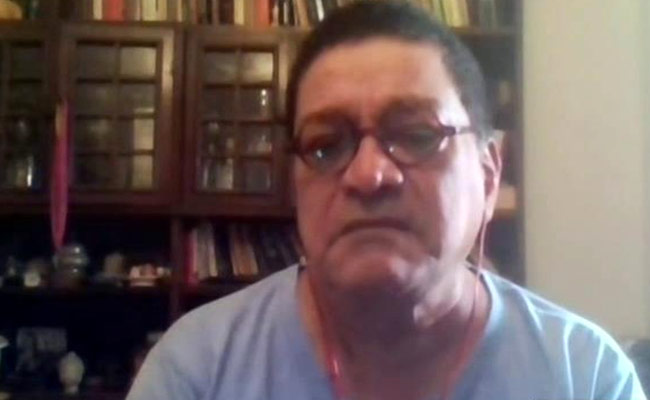
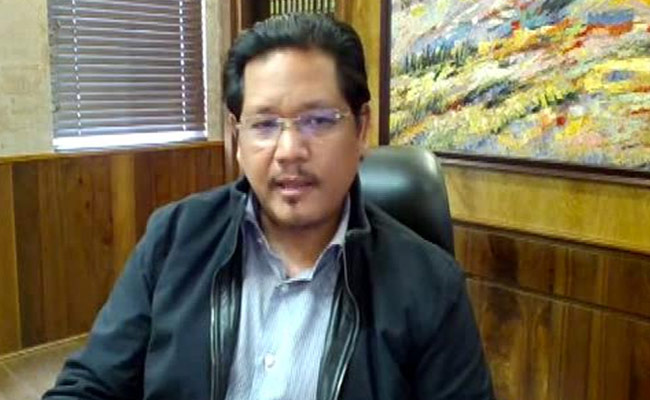
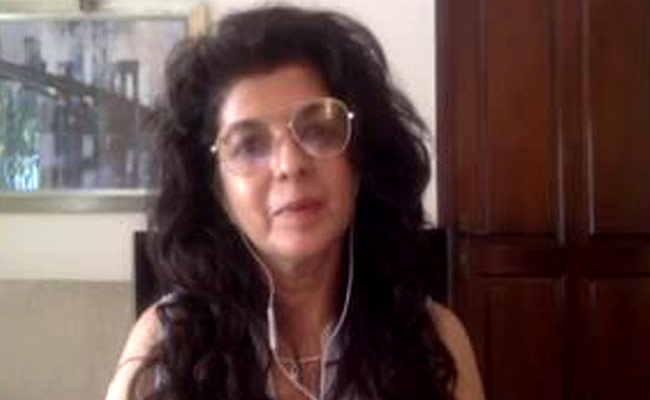
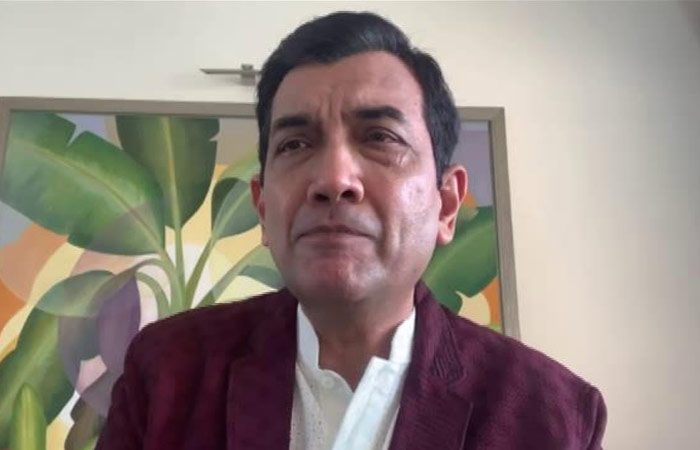
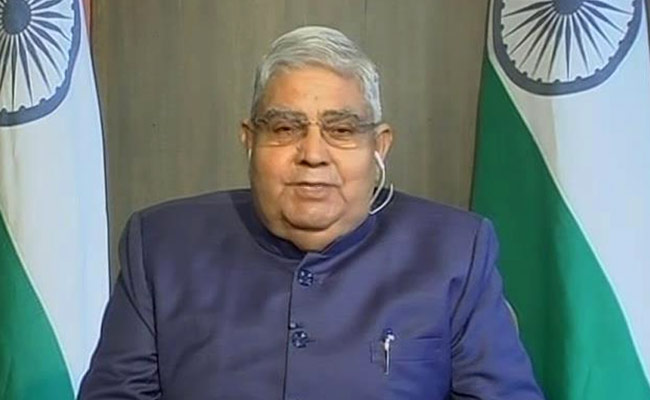
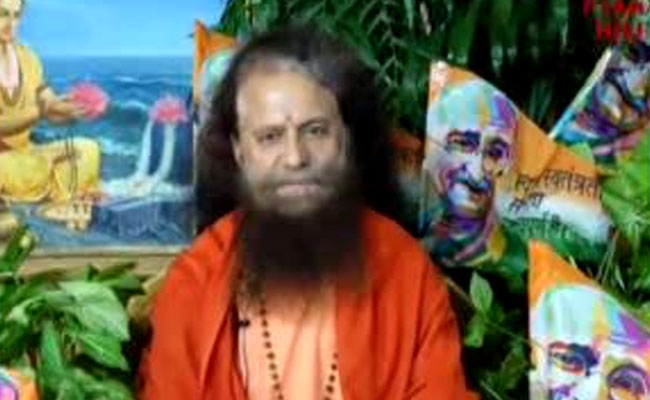
#BanegaSwasthIndia | Ravi Bhatnagar, Director, External Affairs & Partnerships, RB (@RaviBha24785910) talks about why teaching children about hygiene is so important
- Banega Swasth India (@banegaswasthind) October 2, 2020
Track LIVE UPDATES from @DettolIndia - @ndtv 12-hour #SwasthyaMantra Telethon: https://t.co/3oUB8pKgxn pic.twitter.com/iSdDgVK9IV
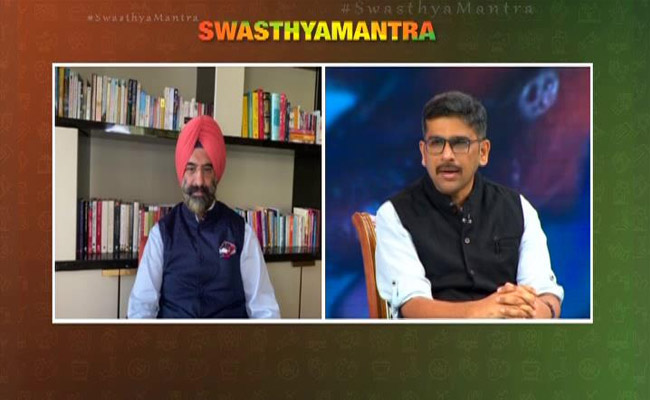
#BanegaSwasthIndia | Singer Richa Sharma (@TheRichaSharma) performed 'Mahi Ve' song at @DettolIndia - @ndtv 12-hour #SwasthyaMantra telethon
- Banega Swasth India (@banegaswasthind) October 2, 2020
Watch out for LIVE UPDATES on https://t.co/3oUB8q1RVX pic.twitter.com/v9iBH3Yll8
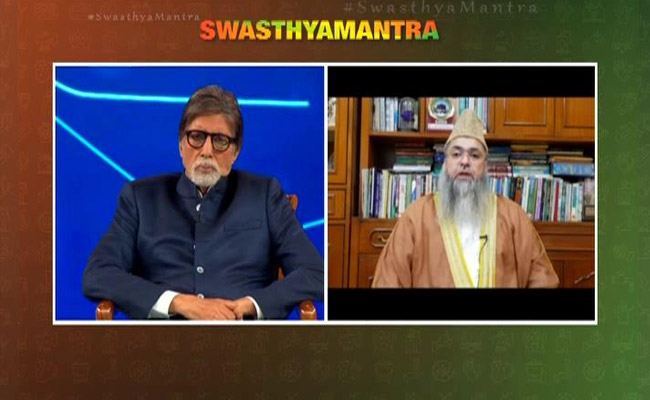
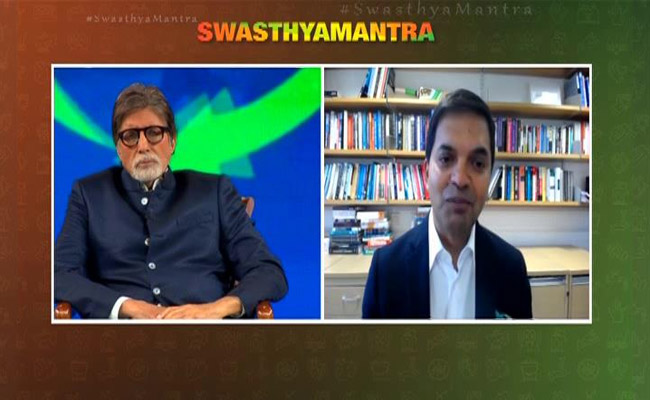
#BanegaSwasthIndia | Glimpses of women inmates making eco-friendly sanitary napkins at Tihar Jail in New Delhi
- Banega Swasth India (@banegaswasthind) October 2, 2020
Track LIVE UPDATES from @DettolIndia - @ndtv 12-hour #SwasthyaMantra telethon on https://t.co/3oUB8pKgxn pic.twitter.com/gJ4ZXXNm9a
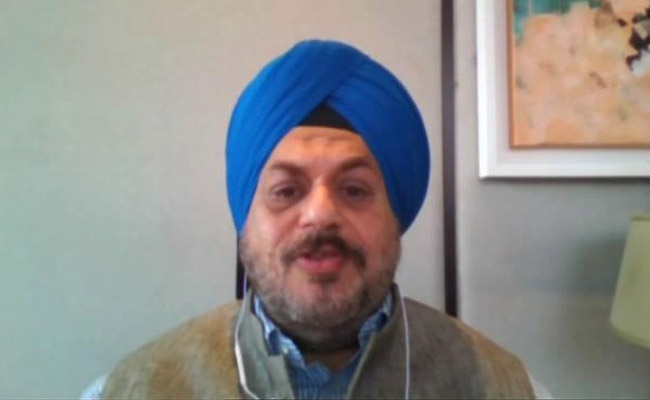
Thank you @NDTV ... looking forward to being a part of this ... #SwasthyaMantra ... cu at 4.20 pm 💕 pic.twitter.com/0oKcxz82Tw
- Neha Dhupia (@NehaDhupia) October 2, 2020
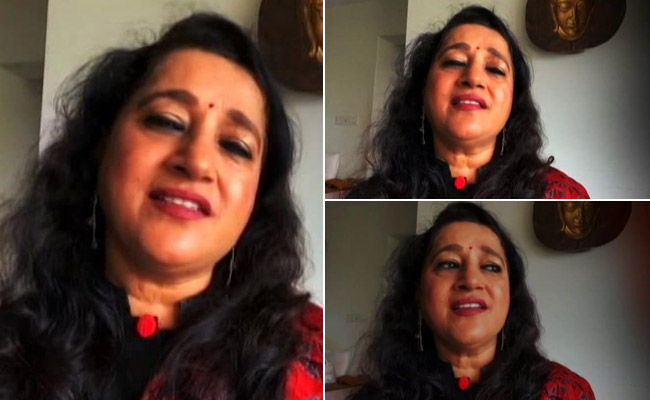
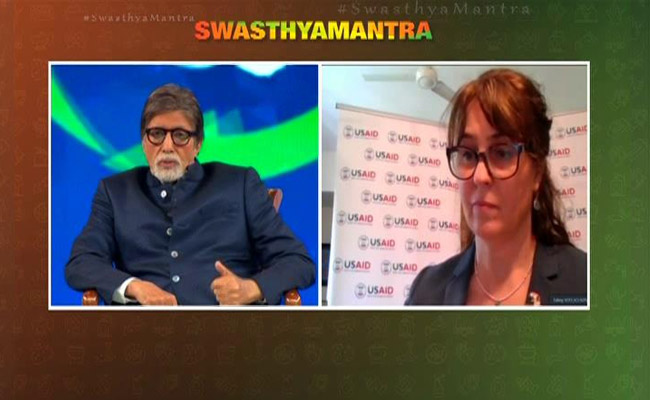
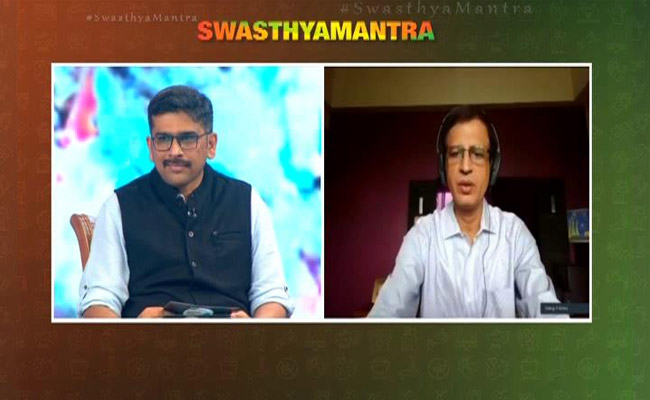
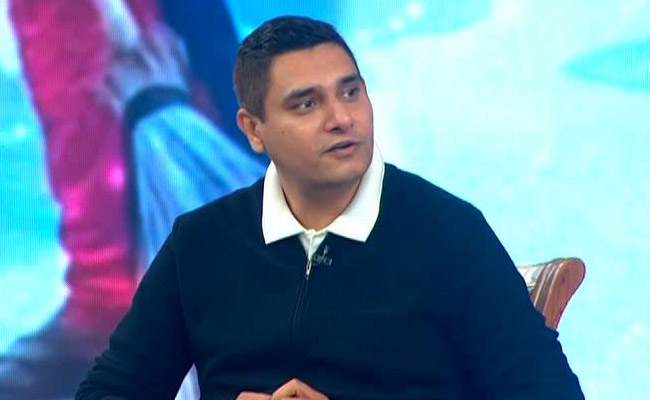
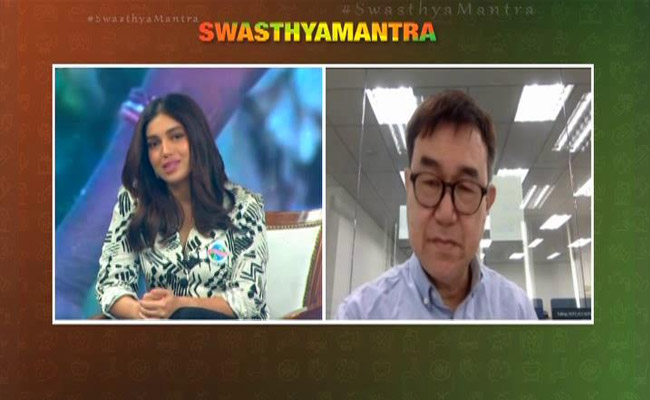
#BanegaSwasthIndia | Ravi Bhatnagar, Director, External Affairs & Partnerships, RB (@RaviBha24785910) talks about why teaching children about hygiene is so important
- Banega Swasth India (@banegaswasthind) October 2, 2020
Track LIVE UPDATES from @DettolIndia - @ndtv 12-hour #SwasthyaMantra Telethon: https://t.co/3oUB8pKgxn pic.twitter.com/iSdDgVK9IV
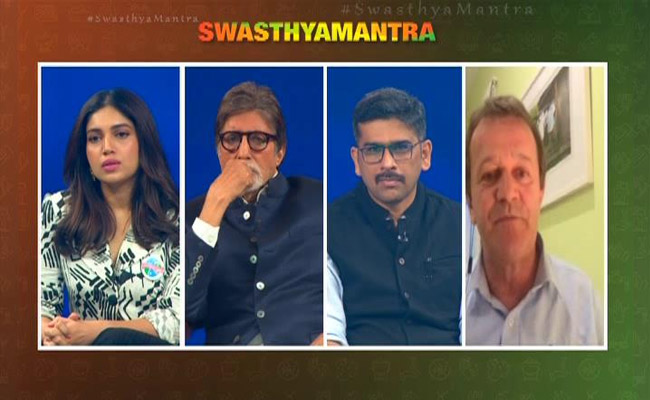
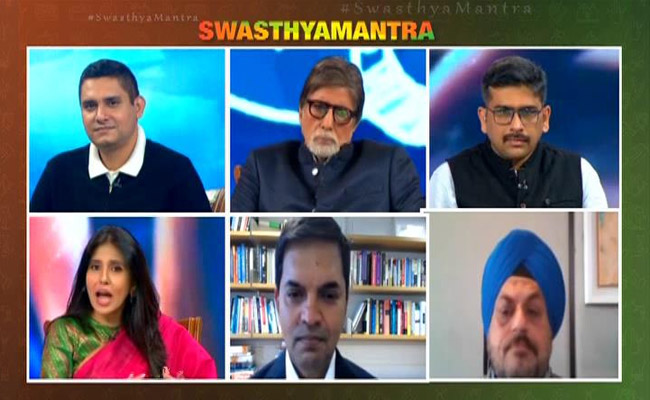
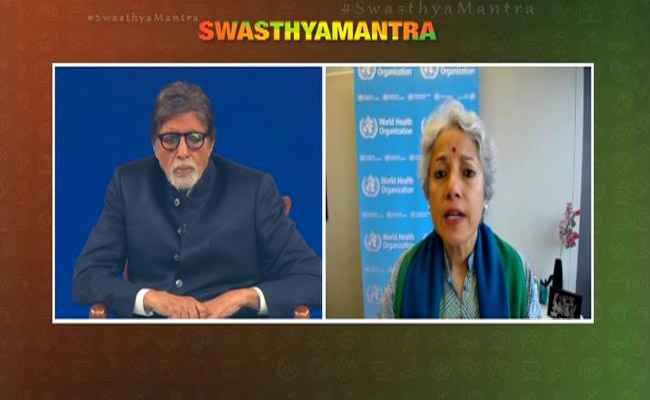
#BanegaSwasthIndia | Guess what @SrBachchan learnt about #Corona from his granddaughter
- Banega Swasth India (@banegaswasthind) October 2, 2020
Track LIVE updates from @DettolIndia - @ndtv 12-hour #SwasthyaMantra telethon on https://t.co/3oUB8pKgxn pic.twitter.com/WEi6ENxGu5
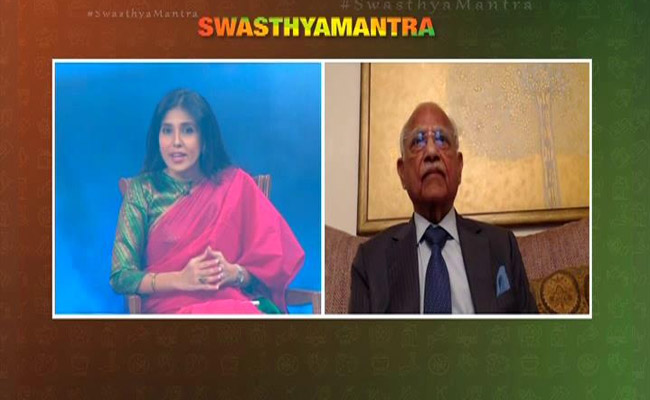
Watch me on @ndtvindia all networks #SwasthyaMantra today my performance will be in between 3 to 4 pm..!#BanegaSwasthIndia
- Richa Sharma (@TheRichaSharma) October 2, 2020
12 hours live #telethon ! pic.twitter.com/CxmZ8aHTWa
#BanegaSwasthIndia | A Jharkhand school has caught the attention of the @NITIAayog for undertaking innovative efforts towards cleanliness, sanitation and hygiene: https://t.co/Ox5jhTC55l
- Banega Swasth India (@banegaswasthind) October 2, 2020
Watch LIVE the 12-hour #SwasthyaMantra Telethon on https://t.co/3oUB8pKgxn@DettolIndia pic.twitter.com/exRQE4Q0iG
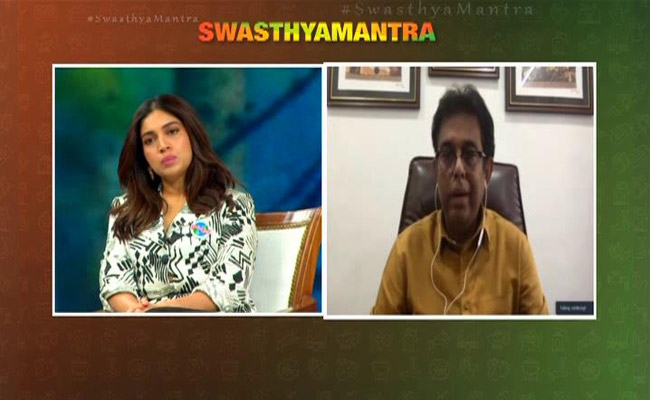
#BanegaSwasthIndia | A primary school in Lucknow shares their #SwasthyaMantra with us. Share yours here: https://t.co/EfRlO2zx3S
- Banega Swasth India (@banegaswasthind) October 2, 2020
Track LIVE updates from 12-hour Telethon with Amitabh Bachchan on https://t.co/3oUB8pKgxn pic.twitter.com/ftKWLBZ0ri
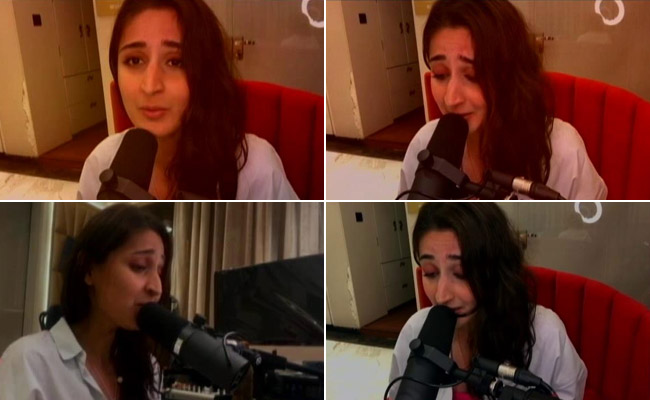
#BanegaSwasthIndia | Glimpses of precautions being taken at @DettolIndia - @ndtv 12-hour #SwasthyaMantra telethon
- Banega Swasth India (@banegaswasthind) October 2, 2020
Follow LIVE updates on https://t.co/3oUB8q1RVX pic.twitter.com/Rqmlblsby0
#BanegaSwasthIndia | Kris Licht, Global President, Health, RB on the @DettolIndia - @ndtv 12-hour #SwasthyaMantra telethon says, "Important to increase the access to recycled plastic"
- Banega Swasth India (@banegaswasthind) October 2, 2020
Watch full video: https://t.co/0nHhiZ71UF
Track LIVE updates on https://t.co/3oUB8pKgxn pic.twitter.com/zbjkEteBvR
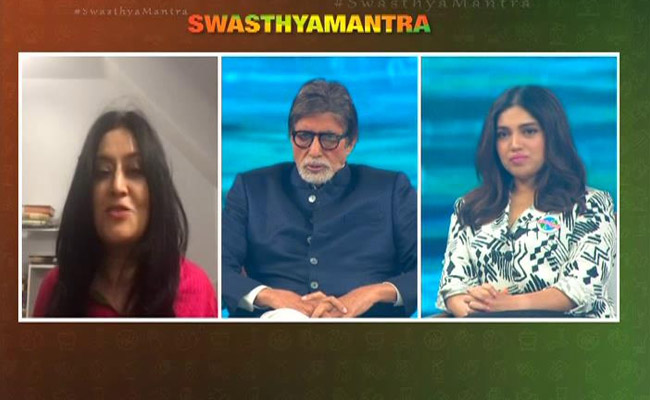
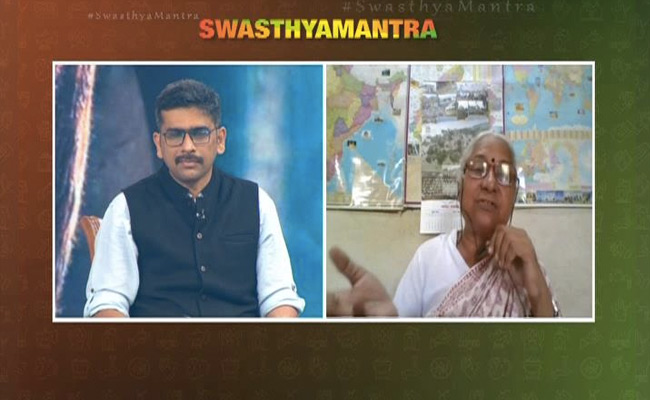
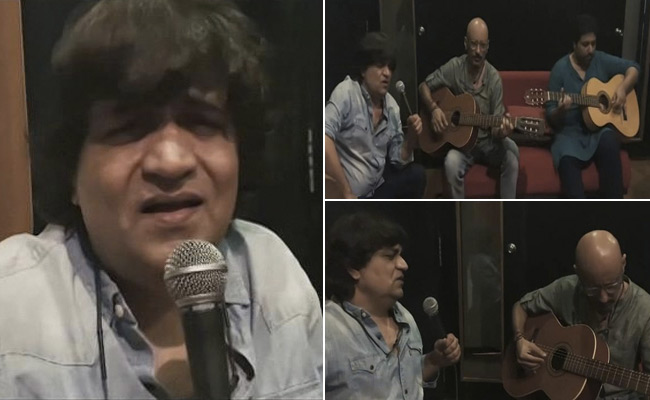
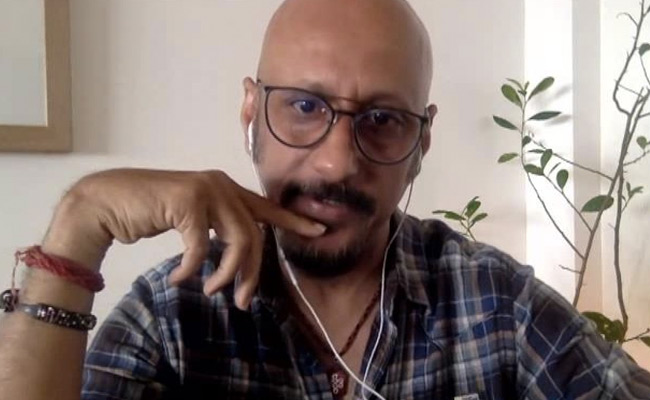
#BanegaSwasthIndia | Pankaj Duhan, Chief Marketing Officer, South Asia Health, RB talks about @DettolIndia's sustainable packaging at 12-hour #SwasthyaMantra telethon
- Banega Swasth India (@banegaswasthind) October 2, 2020
Follow LIVE UPDATES on https://t.co/3oUB8pKgxn pic.twitter.com/TJSGjpJrVi
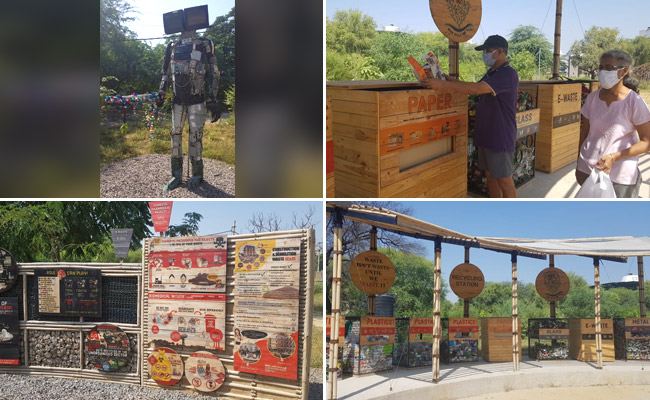
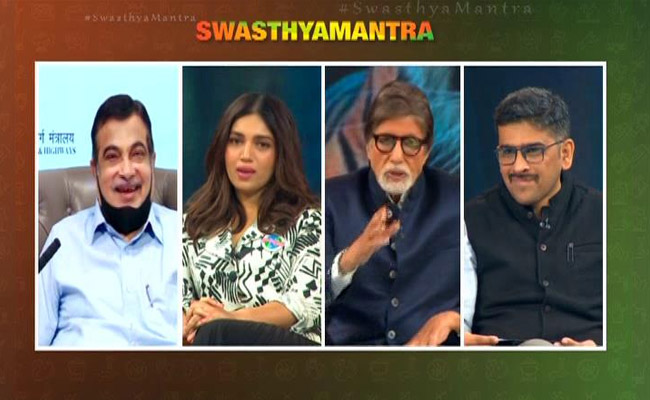
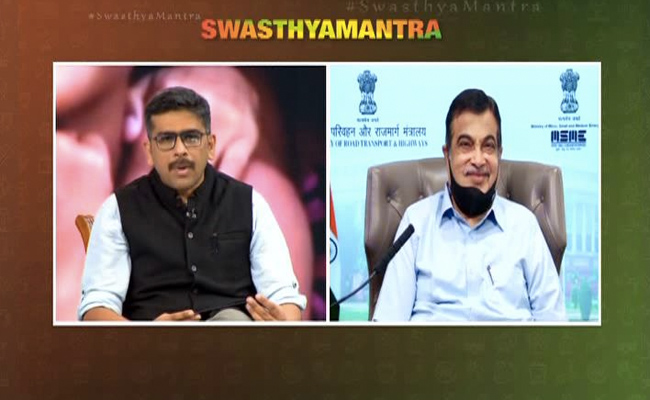
#BanegaSwasthIndia | Watch what sand artist Sarvam Patel did with just a little bit of sand at @DettolIndia - @ndtv 12-hour #SwasthyaMantra telethon
- Banega Swasth India (@banegaswasthind) October 2, 2020
Follow LIVE UPDATES on https://t.co/KH7S0MiYjy pic.twitter.com/91ytiz2Lhf
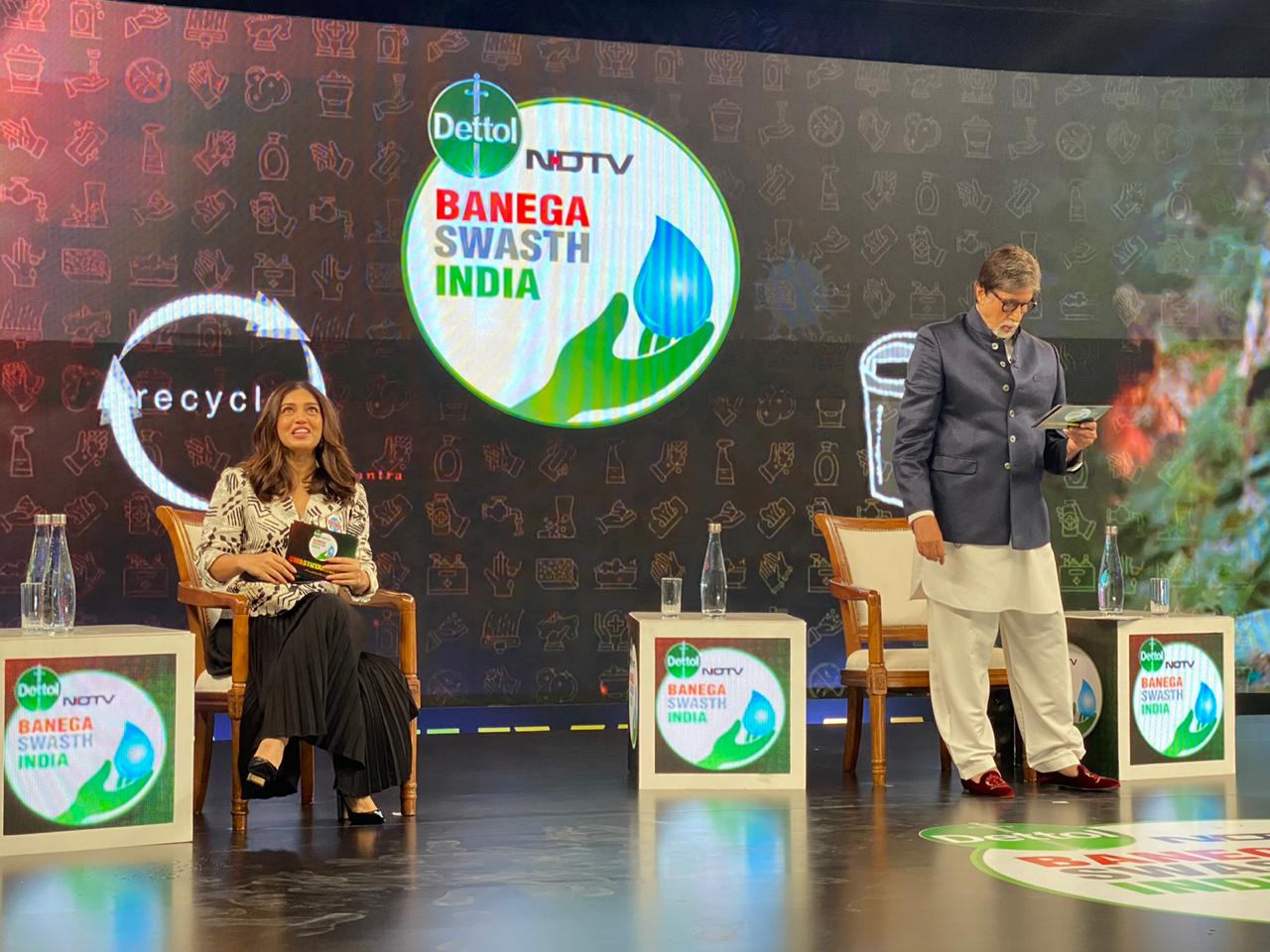
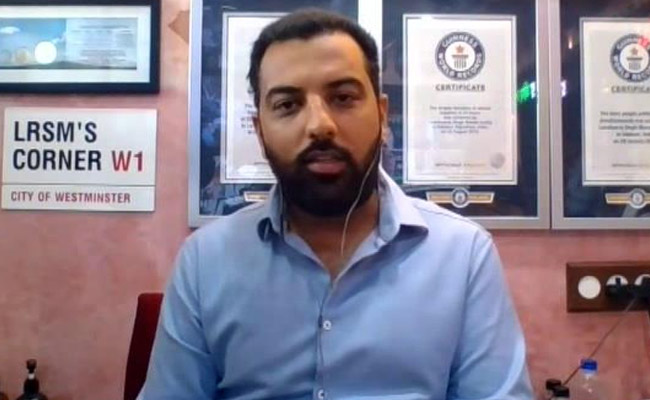
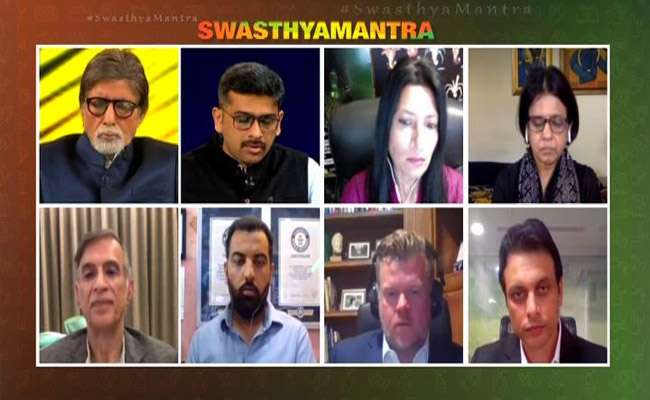
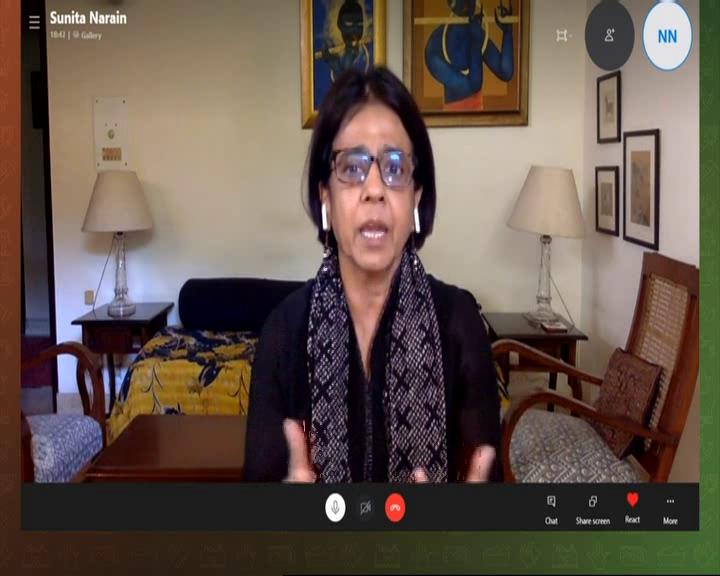
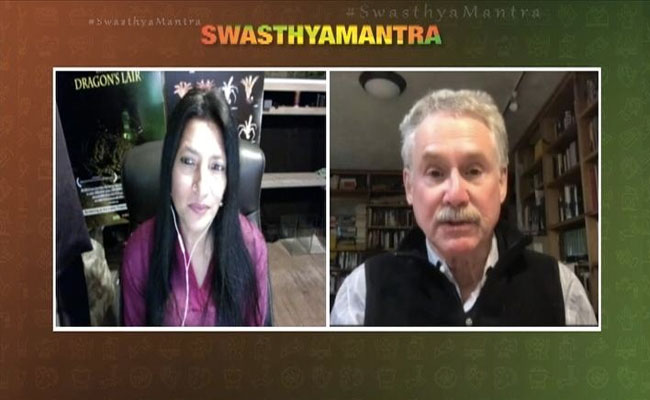
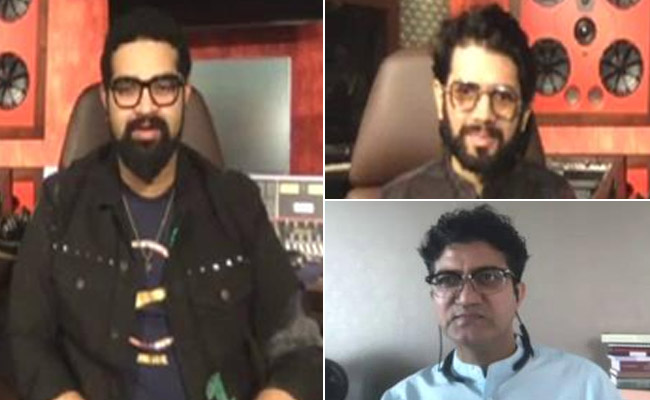
#BanegaSwasthIndia | Watch: Sparsh Shah (@SparshPurhythm), Rapper, Singer, Songwriter & Inspirational Speaker's soulful performance at @DettolIndia - @ndtv 12-hour #SwasthyaMantra telethon
- Banega Swasth India (@banegaswasthind) October 2, 2020
Follow LIVE UPDATES on https://t.co/3oUB8pKgxn pic.twitter.com/qoCr1nQZoB
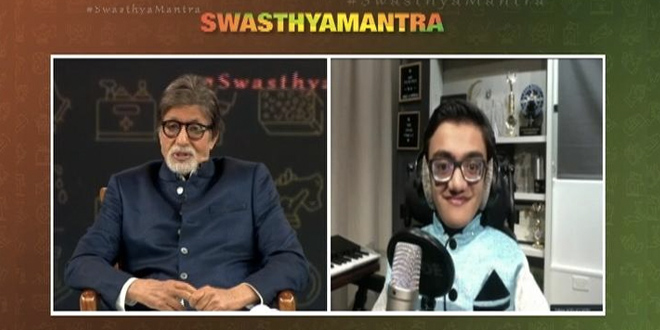
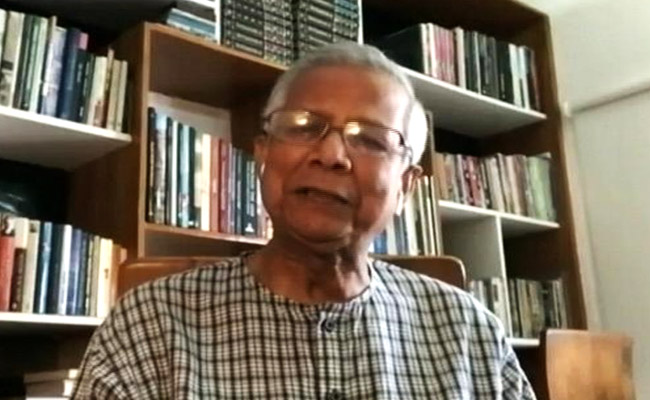
#BanegaSwasthIndia | "We are deeply passionate about protecting, healing and nurturing in this relentless pursuit of a cleaner, healthier world": Laxman Narasimhan (@lakslnarasimhan), Chief Executive Officer, RB#SwasthyaMantra pic.twitter.com/QdIdKTq4w4
- NDTV (@ndtv) October 2, 2020
#BanegaSwasthIndia | "Vaccine is not a magic bullet that will stop this pandemic right away. We need to take the responsibility of keeping ourself safe": Dr Randeep Guleria, Director, AIIMS at NDTV-@DettolIndia's #SwasthyaMantra Telethon pic.twitter.com/YfeorfyLFD
- NDTV (@ndtv) October 2, 2020
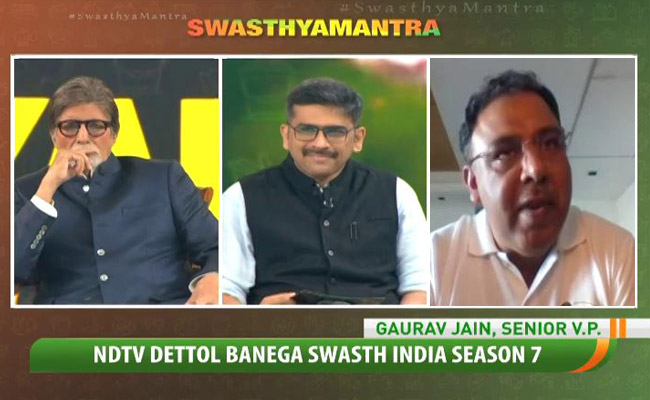
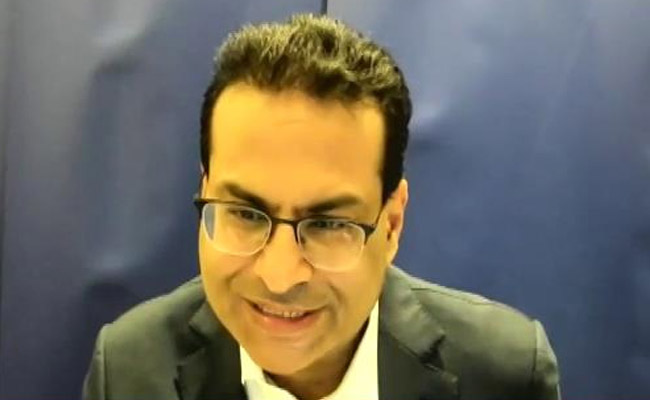
#BanegaSwasthIndia | "We don't have to fight this pandemic alone. We cannot fight it alone! The whole community needs to come together and fight this disease": @SrBachchan at NDTV-@DettolIndia's #SwasthyaMantra Telethon
- NDTV (@ndtv) October 2, 2020
Watch LIVE on NDTV 24x7 and https://t.co/Fbzw6mR9Q5 pic.twitter.com/VzvJgun3Qe
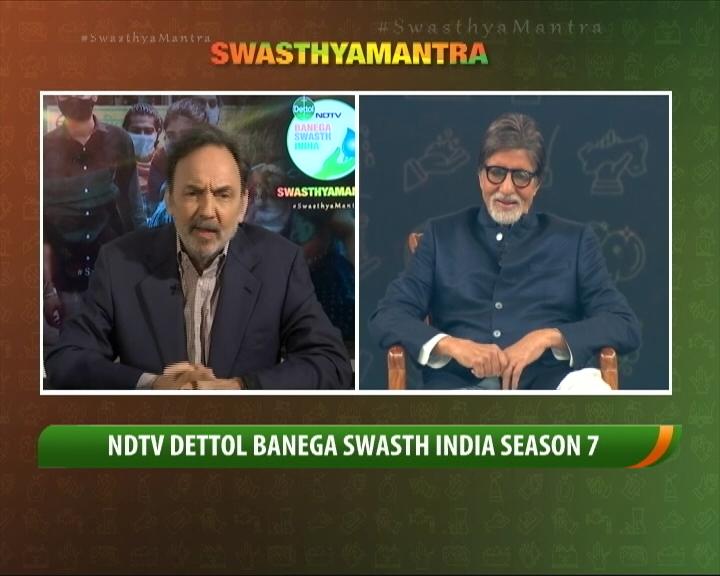
Download the anthem: https://swachhindia.ndtv.com/banega-swasth-india-season-7-campaign-anthem-51022/ The anthem is produced and created by Musiconcepts Written By: Prasoon Joshi Composed By: Siddharth Mahadevan Souumil Shringarpure Singers: Siddharth Mahadevan Shivam Mahadevan Yashita Sharma Rashmeet Kaur Souumil Shringarpure
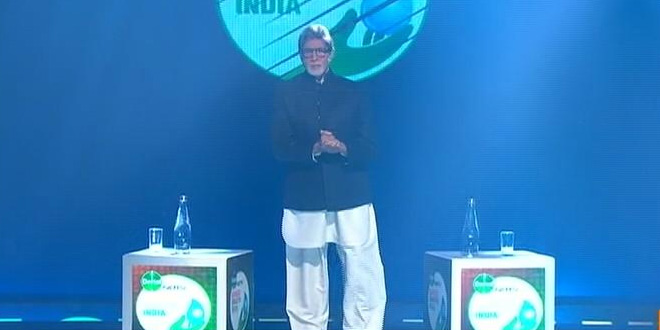
#BanegaSwasthIndia | Join @DettolIndia - @ndtv #SwasthyaMantra telethon with Amitabh Bachchan (@SrBachchan). This year the campaign will focus on three pillars - health, hygiene and sanitation, and the environment.
- Banega Swasth India (@banegaswasthind) October 2, 2020
Track LIVE updates from 9AM (IST) on https://t.co/3oUB8q1RVX pic.twitter.com/W6j5F7d9Be
